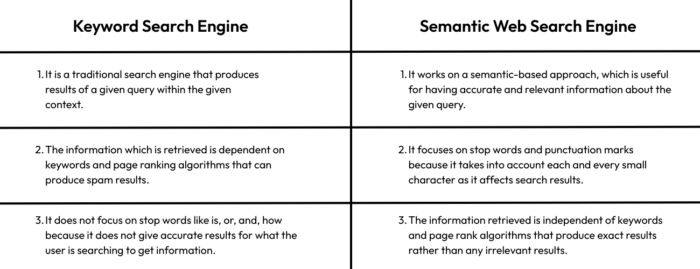CNBC Daily Open: Investors are signaling they are moving on from tariffs
Economists appear to be lowering their expectations of the impact tariffs will have on the U.S. economy.

The floor of the New York Stock Exchange on July 28, 2025.
Spencer Platt | Getty Images News | Getty Images
Stock markets in the U.S. and Europe didn't seem that delighted with the U.S.-European Union trade deal reached over the weekend.
The S&P 500 ticked up, but by the barest margin, while the Stoxx Europe 600 fell. Both indexes were trading higher during their respective sessions but had given up those gains as the day ended.
For those on the continent, perhaps there was a dawning realization that the agreement wasn't too much in their favor. German Chancellor Friedrich Merz said he would have welcomed further easing of trade, while France's minister for Europe, Benjamin Haddad, said the deal was "unbalanced," according to a Google translation.
With U.S. President Donald Trump announcing Monday that he would probably impose a blanket tariff of between 15% and 20% on countries without trade agreements, it's starting to seem like most duties will settle around that level eventually, easing some uncertainty.
What's more, economists appear to be revising downward their expectations of the impact tariffs will have on the U.S. economy — so any deals in the future might not trigger rallies, or strong ones at least, on Wall Street.
Tariff considerations, then, are on the backburner for now. Investors can turn their attention to Magnificent Seven earnings and data on the U.S. economy coming out the next few days. If all goes well, they might give markets the cheer that was missing on Monday.
What you need to know today
Global baseline tariff of between 15% and 20%. For countries that have not negotiated separate trade agreements with the U.S., Trump said he would likely impose that blanket tariff rate on their exports. But Wall Street doesn't seem as frightened of tariffs anymore.
Less than two weeks for Russia to reach a peace deal with Ukraine. That's the new deadline Trump issued to Moscow — if Russia fails to meet it, the U.S. president will implement massive "secondary tariffs" on the country's trade partners, Trump said.
India has exported more smartphones to the U.S. than China. In the second quarter, 44% of U.S. smartphone imports were assembled in India, while 25% were from China, according to research firm Canalys. India's and China's share a year earlier were 13% and 61%, respectively.
A muted response to the EU deal. On Monday, the S&P 500 closed mostly flat, giving up earlier gains. Asia-Pacific markets fell Tuesday. Shares of Singapore Airlines lost as much as 8% after the carrier reported a 59% slump in profit for its fiscal first quarter.
[PRO] Watch this index for signs of a new bull phase. This index, which is calculated differently from the price-weighted S&P 500, gives a better gauge of the health of the entire economy and stock market.
And finally...
The World Artificial Intelligence Conference kicked off in Shanghai on Saturday, July 26, 2025.
Nurphoto | Nurphoto | Getty Images

 Koichiko
Koichiko 































